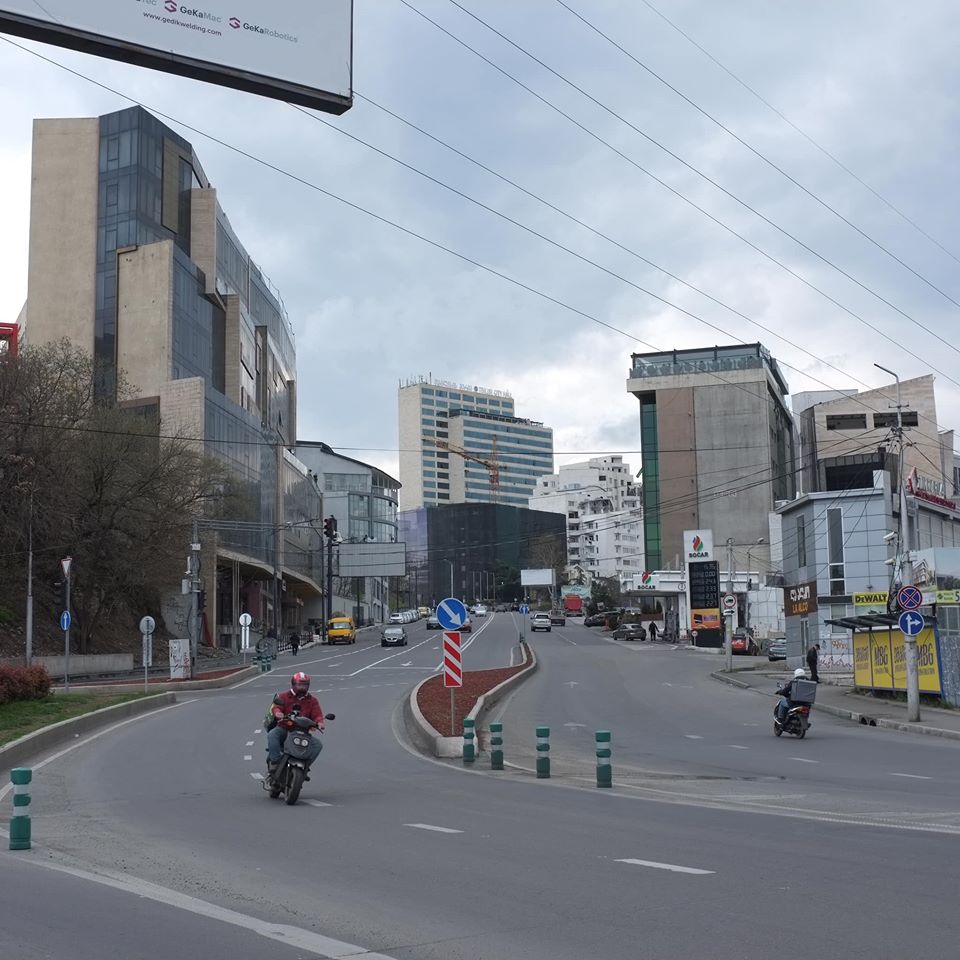The European Commission will allocate over EUR 183 million of funds for Georgia as part of its global response to the coronavirus outbreak.
The support is part of the European Commission’s “emergency support package” for the Eastern Partnership (EaP) countries – Georgia, Armenia, Azerbaijan, Belarus, the Republic of Moldova, and Ukraine.
On April 8, the European Union Commissioner for Neighborhood and Enlargement, Olivér Várhelyi stated that “regional and bilateral funds are being redirected as part of Team Europe response, amounting to EUR 962 million,” earmarked to address immediate needs and mitigate socio-economic impact.
In support of our Eastern Partner countries in the fight against #coronavirus, both regional and bilateral funds are being redirected as part of #TeamEurope response, amounting to €962 million, for immediate needs & mitigating socio-economic impact. https://t.co/MGeXqxHvIp pic.twitter.com/QNC4iEul3o
— Oliver Varhelyi (@OliverVarhelyi) April 8, 2020
During a video talk with Georgian Prime Minister Giorgi Gakharia, Várhelyi confirmed that the EU “continues [to] stand by partners in fight against the coronavirus outbreak, as part of our global response to the pandemic.”
Meanwhile, at a videoconference on April 8, the Visegrád Group (or V4, a group of four Central European – Czech Republic, Hungary, Poland, and Slovakia) foreign ministers confirmed their vision of the EaP “as a strong and ambitious policy and declaring their readiness to actively support it.”
They also agreed to launch an extraordinary V4 East Solidarity Programme to assist the EaP countries, providing up to EUR 250,000 under the International Visegrad Fund.
This will be dedicated “to the practical strengthening of the health, social, economic resilience of vulnerable groups of citizens” in the EaP countries affected by the impacts of the COVID-19 pandemics.
This post is also available in: ქართული (Georgian) Русский (Russian)

